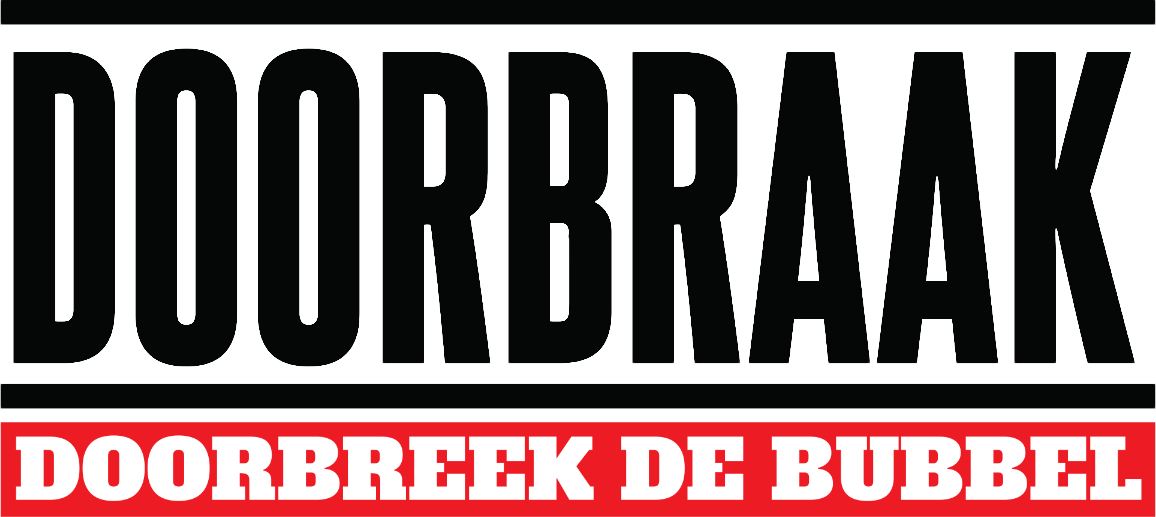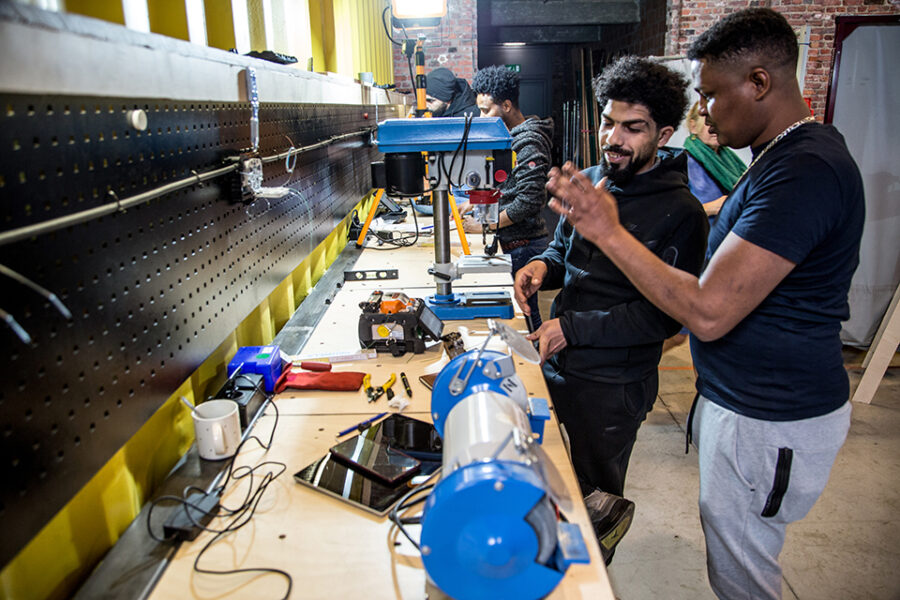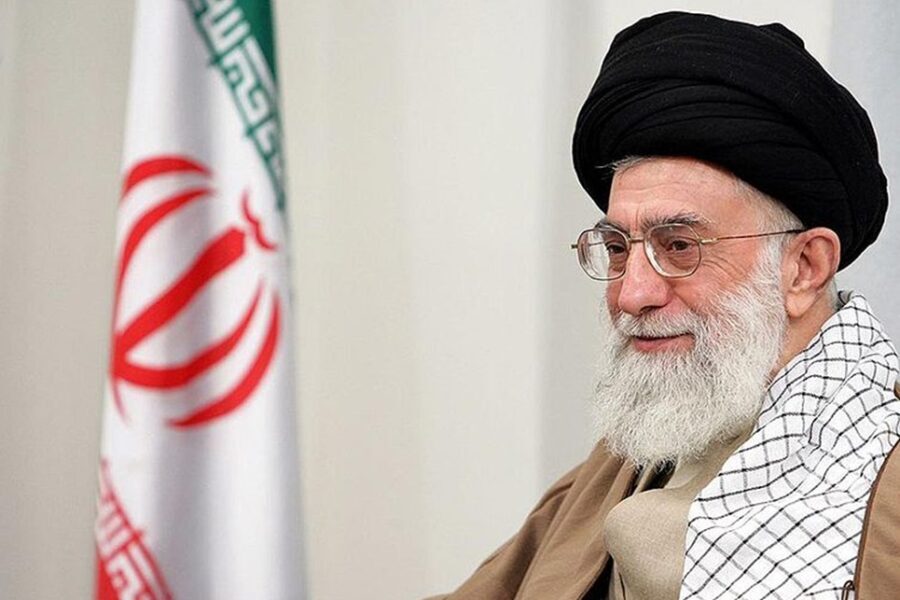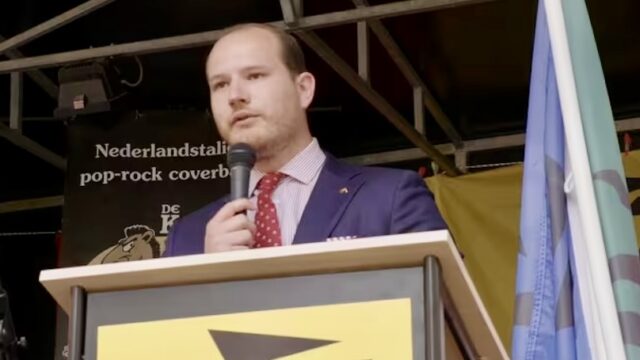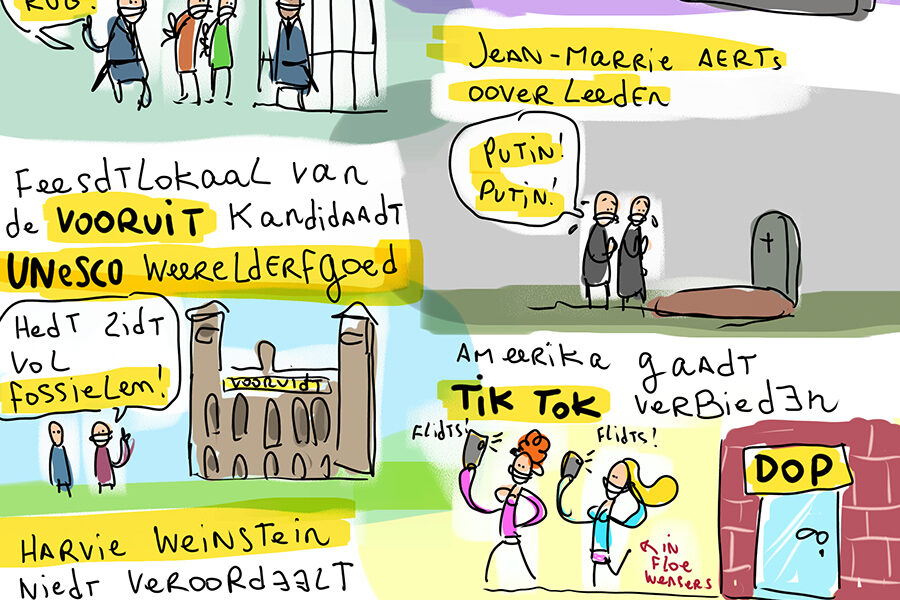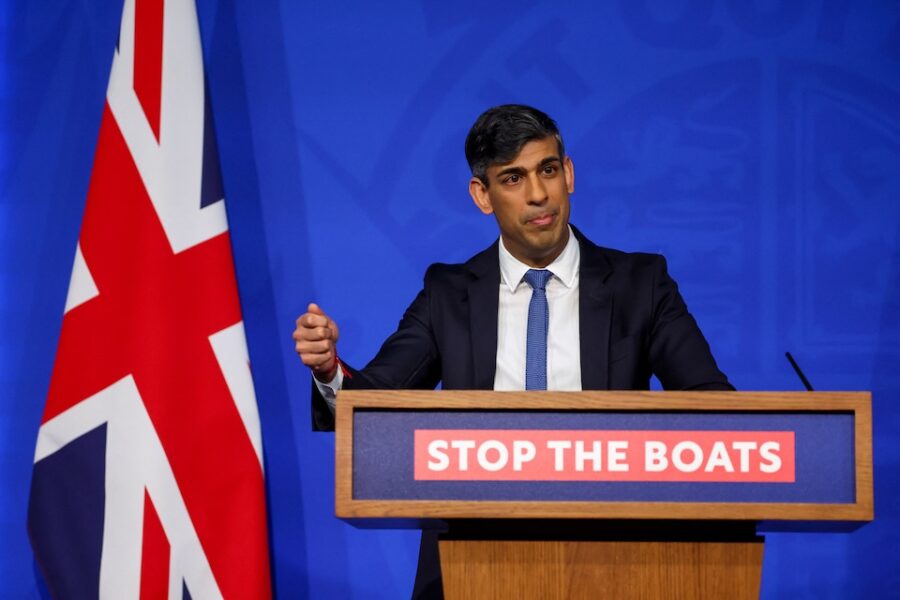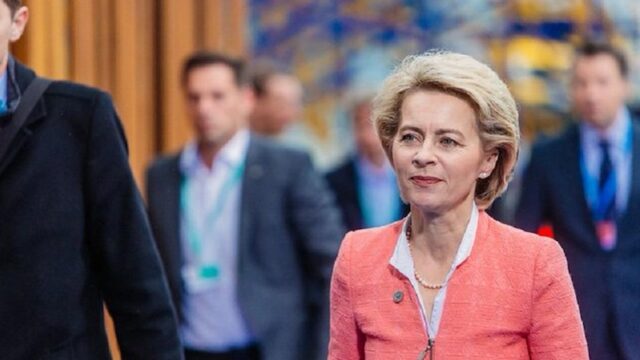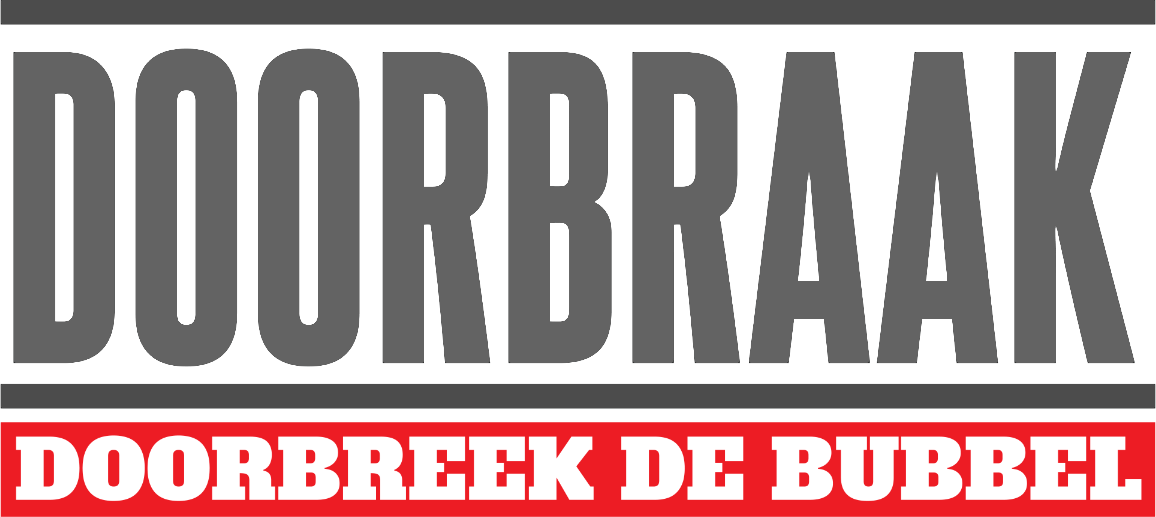‘To refuse to choose’
It happened in the 1830’s. Separatism in our regions triumphed by the creation of the newly formed Belgium. Despite all the Flemish patience, Belgium was not a father land to be loved. Flamingants promptly went waving banners with the demand to “govern themselves”. Also those south of the language borders, (ie. Walloons, ed. note) were demanding their own breathing space. The formula that would bring the solution was called federalism.
Aangeboden door de abonnees van Doorbraak
Dit gratis artikel wordt u aangeboden door onze betalende abonnees. Als abonnee kan u ook alle plus-artikelen lezen. Doorbreek de bubbel vanaf €4.99/maand.
Ik neem ook een abonnementThere are 26 federal countries, each with their own tale to tell. The Belgian version sounds absolutely nothing like the others. We like to comfort ourselves by saying that our “solution” is euphemistically creative.
The multiple locks or coexisting regions and communities were clearly not copied from elsewhere. An average federation has 20 participating states. USA has 51, Germany 16, Austria 8. And Belgium?? A ridiculous “three where the police are concerned, four where the organisers are concerned”, need we say more? We do not even know ourselves exactly what the situation is or even if we have states at all.
Belgium does not conform at all to the “normal” federal model regarding the ratio between the population of the largest region and the population of the country itself. It is strange that no one has ever paid any attention to this matter. In USA, the population of the largest region is 12% that of the whole country. In Germany, it is 22%, which is the average from 25 federations combined.
Far above all the other federations, all alone at unreachable heights, sits Belgium proudly. As restricted as it is, Flanders scores a huge 60%. In comparison with the average, our figure is three times higher, a percentage unseen anywhere else in the world.
This is no innocent number game. Obviously federal states with five times more inhabitants (than Flanders, ed.note) know perfectly their job. They are relatively closer to their population (with their 22% compared with Flanders 60%, ed.note), and the federation provides large scale economies.
But why two governments so close to each other as Flanders and Belgium? Belgium provides no large scale economies. Flanders is not numerically closer to its people. They are by nature condemned to be competitors and to cherish logically the same ambitions because they belong to the same weight division. Flanders is too big for Belgium, Belgium is too small for Flanders. They mutually abolish each others reason to exist.
This is partly the reason that the Belgian model is intrinsically unstable, the conflict between the governments is ingrained and it is impossible to draw clear lines between the stuck together levels of government.
The price for this administrative congestion is high. Flemings, (as long as they do not live in Brussels) see so close to each other two fully blown and developed governments, two parliaments, two administrations, two regulators (justice systems), two inland revenue services, two of everything, and all that definitely not for the price of one.
The consequences are reflected in the combination of massive debt/ high government spending / and a very inadequately functioning public sector. Two governments built on one handkerchief leads to a waste of resources and democratic inefficiency. Installing two stoves in the kitchen does not lead to more delicious meals but to higher gas bills.
This is the price we are paying for our lack of political courage. Belgian state reforms build new governing bodies without dismantling the existing ones. The Flemish movement demanded and obtained Flanders, the Belgium-minded wanted and would hold onto Belgium. Belgium has excelled in the field of not making a choice.
Slogans such as “More Flanders in a strong Belgium” are like the fairground cries of “always a prize, always a winner”. Everyone knows the integrity of such claims. Simply by making a choice, we can liberate ourselves from this administrative suffocation. Give me a fully fledged Flemish state freed from the Belgian dome. But those who would shy away from putting an end to Belgium must insist on abolishing the regions and communities. Then of course we can also throw overboard all the locks, parities and insured representations. You are either Belgian or you are not.
Today we are saddled with two government administrations on almost the same level whereas for inhabitants of any other country, one would be enough. We can no longer afford the burden of this ‘luxury’
Peter De Roover
Political secretary Vlaamse Volksbeweging (VVB) (Flemish People’s Movement)
Summary of the speech on 16 March for the VVB symposium “De knoop doorgehakt” (The severed knot).
The full text of the speech in Dutch can be found here.
Original article translated from Dutch by Mandy Bubier, editor of http://http://www.the-informed-xpat.be//
| Categorieën |
|---|
Doorbraak publiceert graag en regelmatig artikels die door externe auteurs worden aangebracht. Deze auteurs schrijven uiteraard in eigen naam en onder eigen verantwoordelijkheid.
Arbeidsmigratie is de vorm van migratie met het grootste draagvlak. Vlaanderen mag en moet daarbij het stuur stevig in handen nemen, vindt CD&V-ondervoorzitter Robrecht Bothuyne.
Het draagvlak voor Vlaamse onafhankelijk blijkt groter dan verwacht. Dominic Potters, politiek secretaris van de VVB, is tevreden.
